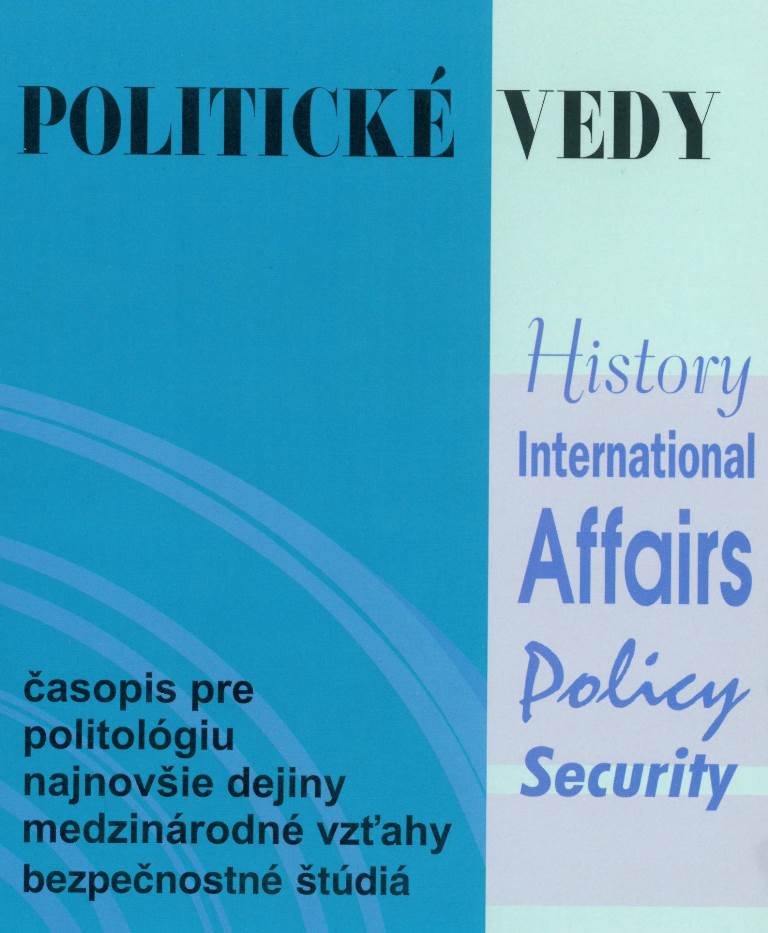Jak se „dohodnout, že se dohodneme“: Sestavování vlád v meziválečném Československu na počátku 20. let prizmatem prediktivní teorie koalic
How to „agree to agree“: Forming Governments in Interwar Czechoslovakia in the Early 1920s through the Lens of Predictive Coalition Theory
Author(s): Jiří Kohoutek, Jan SlavíčekSubject(s): Politics, Political Theory, Political Sciences
Published by: Univerzita Mateja Bela
Keywords: interwar Czechoslovakia;politics;government formation;coalition theory;coalition incongruency index
Summary/Abstract: Research on the political history of the First Republic has lacked a comprehensive quantitative-qualitative analysis of the causes of political and governmental instability. This study aims to address this gap. Based on traditional and new methods, especially the newly constructed Coalition Incongruency Index (CII), and tools of political analysis, we reach the following conclusions: (1) The fragmented to atomized party spectrum necessitated the formation of coalitions composed of a large number of subjects. (2) This resulted in an almost inexhaustible supply of theoretically available coalitions. (3) The negative stance of many political parties towards the new state significantly reduced the number of realistically achievable minimal winning coalitions (MWC) – from thousands theoretically available to only a few practically possible. (4) The analysis using the CII demonstrates that these realities forced actors to form very broad and ideologically incoherent coalitions (from the perspective of the left-right spectrum, which was dominant in the period studied). (5) The actual negotiations and subsequent votes on governments respected the existing options. The party composition of parliamentary majorities supporting the program of each government in the period studied corresponded in 3 out of 4 cases to the ideologically most cohesive variant of the realistically available MWC. In general, our data show that the actors were able to utilize the realistically available possibilities almost optimally. In an enormously complex situation, they managed to agree on relatively functional governments based on fairly stable parliamentary majorities.
Journal: Politické vedy
- Issue Year: 27/2024
- Issue No: 3
- Page Range: 130-160
- Page Count: 31
- Language: Czech

